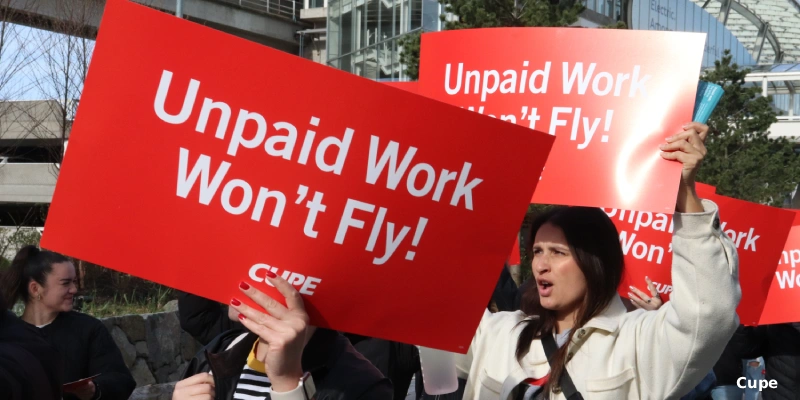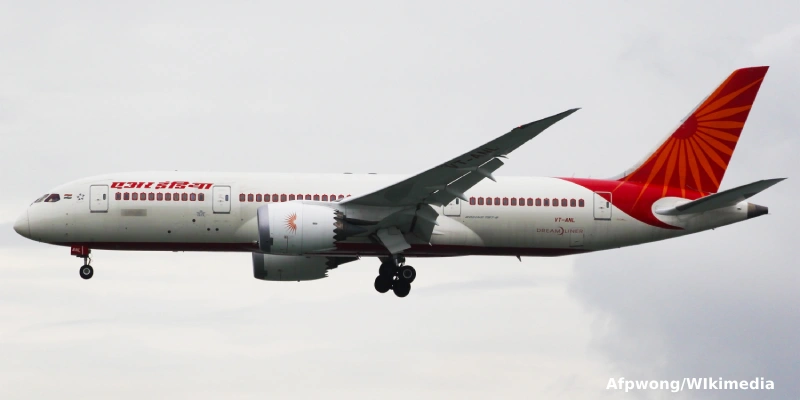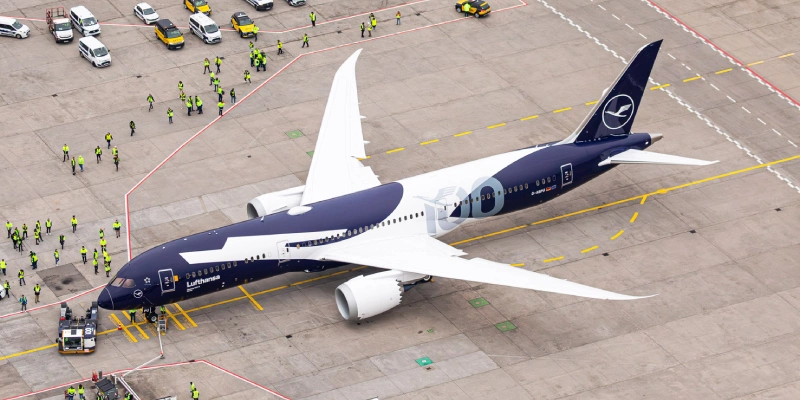Air Canada’s flight attendants have unleashed an unprecedented crisis in the country’s aviation sector. On Sunday, the union representing 10,000 workers decided to continue their strike despite an official order demanding their return to work. This move led to the cancellation of hundreds of flights, leaving over 100,000 passengers in limbo.
Union Defiance and Clash with the Government
The Canadian Union of Public Employees (CUPE) labeled the order “unconstitutional” and claimed it was designed solely “to protect the airline’s profits.” Instead of complying, the union urged the country’s largest carrier to return to the negotiating table to reach a “fair” agreement.
The defiance delayed Air Canada’s plans to restart operations on Sunday, pushing them to Monday evening. Meanwhile, scenes at Toronto Pearson International Airport turned chaotic: confused travelers, some camping out in waiting areas, unsure whether their flights would depart the next day—or even days later.
Stranded and Frustrated Passengers
The situation hit travelers hard. Elizabeth Fourney from Vancouver said passengers felt abandoned: “They’re leaving us to fend for ourselves, with no clear options or answers from Air Canada right now,” she lamented.
Francesca Tondini, a 50-year-old Italian, faced a similar ordeal when her return flight was canceled two days in a row. When she contacted the airline, the responses were baffling: “Maybe tomorrow, maybe Tuesday, perhaps Friday or Saturday… they don’t know.”
→ Air Canada to Fly to Cartagena from Toronto and Montreal in Winter 2025-2026 Season
A Strike That Paralyzes Canadian Aviation
The conflict erupted early Saturday after months of stalled negotiations. As the strike loomed, the airline canceled most of its 700 daily flights, forcing tens of thousands to scramble for last-minute travel alternatives.
Within hours, the Canada Industrial Relations Board (CIRB) granted Labor Minister Patty Hajdu’s request, imposing mandatory arbitration. Under Canada’s Labor Code, the government can trigger this mechanism in cases affecting the national economy.
Professor Rafael Gomez, a labor relations expert at the University of Toronto, warned: “If you defy these rules, you’re essentially breaking the law.”
The union’s refusal to comply is extremely rare. In 1978, Canadian postal workers ignored similar legislation, resulting in fines and jail time for their union leader.
Tensions Over Arbitration and Collective Bargaining
The union is considering taking the case to court. The government’s measure, known as Section 107, is relatively new and has drawn criticism from labor organizations, which argue such interventions favor employers and undermine collective bargaining rights.
The most contentious issue in negotiations has been compensation for ground time: currently, flight attendants are only paid when the aircraft is in motion, leaving activities like passenger assistance during boarding or ground support between flights unpaid.
A Precedent for Canada’s Labor Future
The outcome of this standoff will set a key precedent for the country’s labor relations. How the government handles the crisis could determine the balance between national economic interests and respect for union rights.
For now, thousands of passengers remain caught in the dispute, with canceled flights, disrupted plans, and one certainty: Canadian aviation faces one of its biggest challenges in decades.
Related Topics
Air India to Resume Direct Flights Between Delhi and Rome Starting March 2026
Ryanair Puts Over 10 Million Seats on Sale for Summer 2026
Air Europa Announces New Non-Stop Route Between Madrid and Johannesburg Starting June 2026
Lufthansa Receives Its Boeing 787-9 in Frankfurt with Special Livery for Airline’s Centennial

Plataforma Informativa de Aviación Comercial con 13 años de trayectoria.




